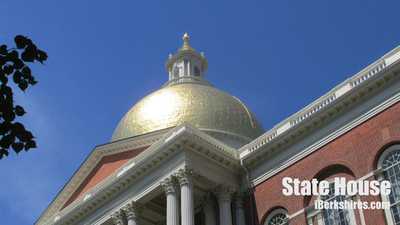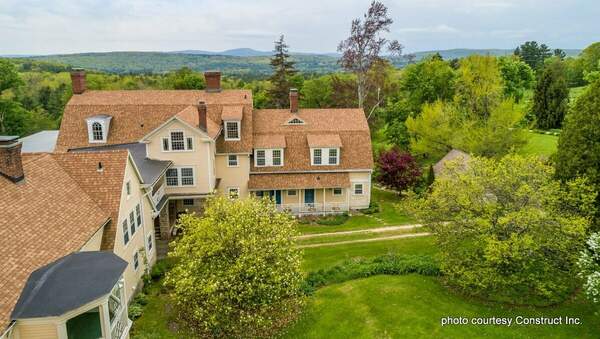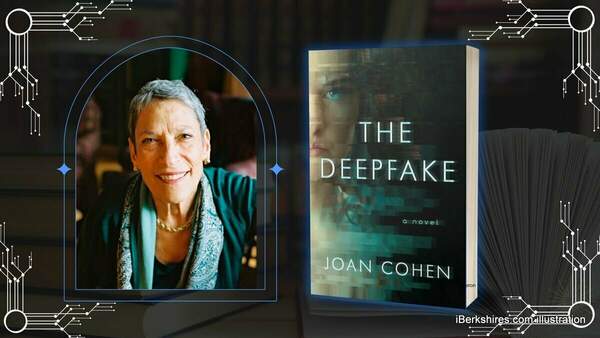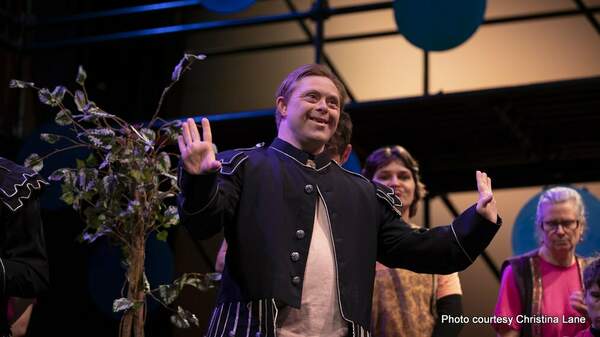State House Passes Act That Helps Preserve Family Farms
 |
BOSTON — State Rep. William "Smitty" Pignatelli joined state Rep. Kate Hogan of Stwo and colleagues in the House of Representatives to pass a bill that aims to preserve family farms across the commonwealth.
H.3915, An Act to establish estate tax valuation for farms, would change the method for assessment of the estate tax valuation for agricultural land. Pignatelli, of Lenox, worked with Hogan to include the agricultural estate tax reform bill as part of a larger environmental bond bill that seeks to address the commonwealth's climate change preparedness and response plans.
"The agricultural estate tax is possibly one of the most important pieces of legislation impacting our farmers," said Pignatelli, chairman for the Joint Committee on the Environment, Natural Resources, and Agriculture. "Passing this tax reform will help ensure a thriving agricultural economy here in Massachusetts by making it more affordable for future generations to continue farming, instead of selling off the land for development. Farmers in my district, and throughout the commonwealth, have been fighting for this change and I am so proud of the House of Representatives for including this in the environmental bond bill."
As written, Massachusetts estate tax laws can force farmland into development. When a relative passes away and a person inherits the farmland, very often it can be subject to an estate tax bill that can be quite costly. This is because inherited farmland is taxed under the estate tax laws based on its "highest and best use" – or the most profitable use of that land – which is development, not agriculture. As a result, many people inheriting farmland end up selling portions of their land in order to pay for the large estate tax.
To encourage owners to keep their farmland in agriculture, this agricultural estate tax reform offers a person inheriting farmland options for how their estate is taxed. Upon property transfer, both the "agricultural" use value and the "highest and best" use value of the land would be determined. If a person inherits a farm, and he or she chooses to have the land valued based on its current use – agriculture – for the purposes of estate taxation, the resulting estate tax bill would be lower. If the owner decides to sell the land, within 10 years, for purposes other than agriculture, he or she would then pay back taxes for the remaining period of the 10 years. Those back taxes would bridge the difference between the lower estate tax bill, based on the land's "agricultural" value, paid at the time of inheritance, and the more expensive, "highest and best" use value, that was also determined but not paid. This change would offer individuals who have recently inherited farmland the flexibility to keep land in agriculture without being burdened by an estate tax that is not affordable.
"This bill looks to ensure the future of agriculture by protecting family farms across the Commonwealth," said Hogan. "Our farmers tend to be land-rich and cash-poor and often do not have the resources on hand to pay the estate tax bill and are forced to sell parcels, and sometimes all, of their land to do so. As a legislator representing dozens of farms, apple orchards, Christmas tree farms, nurseries, and wineries, I know how vital multi-generation farms are to our communities' economy and character and am proud to say that the House of Representatives took a bold step to safeguard our agricultural heritage in the 21st century."
The final vote on the Environmental Bond Bill was 143-3. The bill will now be sent to Senate Committee on Bonding and Capital Expenditures followed by the Senate Ways and Means Committee before being taken up for a vote by the full Senate body.
Tags: farmland, Pignatelli, taxes,















